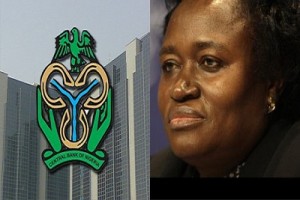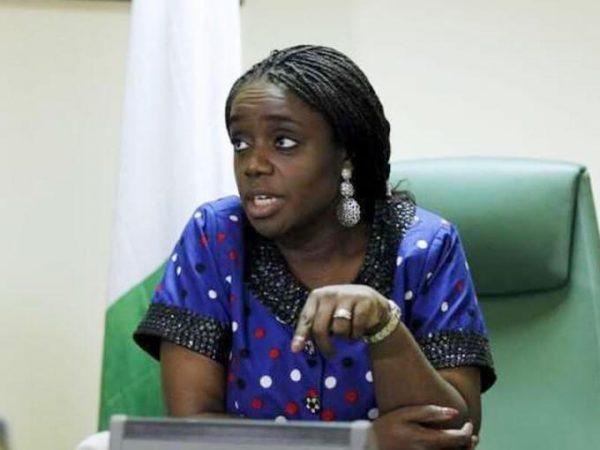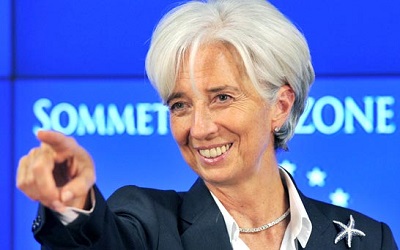CBN, Banks To Stop Forex Sales For Medicals, School Fees

Central Bank of Nigeria (CBN) and the Deposit Money Banks (DMBs) will no longer issue foreign exchange for payment of school fees and medical bills which constitute 15 per cent of foreign currency demands in the country.
Speaking at the end of the Bankers Committee meeting, in Abuja, yesterday, the Director, Banking Supervision of Central Bank of Nigeria (CBN), Mrs Tokumbo Martins, noted that banks resolved that most of the foreign exchange demands would now be granted to develop the real sector.
Martins said that although the decision will be painful, it is a sacrifice Nigerians will have to go through, in the short term, to have a long term development of Nigeria and the economy.
“You know it is something that affects all of us and I think that the watchword is belt-tightening. It is the pain we may need to go through today, short term, so that there will be long term development in the country whether it is infrastructure or manufacturing. So, the question is how we can prevent or reduce the crowding out of the real sector where there is increase in demand on the invisible. It is something that CBN is looking at and is something the Bankers Committee is looking at. If you think about it, the pressure on forex now —from school fees abroad is significant. At what point should we begin to look inwards? The pressure on medicals is significant. At what point should we begin to look inwards? As Nigerians, we also need to be patriotic in terms of our sentiments. We need to think about what do and have to sacrifice today for the long term benefit of our country and the economy?” she asked
Also, in his remarks, the Managing Director of Access Bank, Mr Herbert Nwigwe, explained that the banks have decided to channel such forex to the real sector because those demands tend to crowd out demands to import raw materials and to support industries.
“The problem with that is the fact that that tends to crowd out the critical foreign exchange that should be used in the real sector to import raw materials, to support industries, to encourage employment. So, there is a question around how far we are going to allow this to continue. Shouldn’t we redirect these redirect these resources towards the real sector as we should?” he noted.
The bank chiefs also said that there is a deliberate effort to increase the rate of financial inclusion which has risen from 30 per cent to 40 per cent in recent times and now it is at 66 per cent. However, they said that their target is to get to 69 per cent before December 2016. This, they said, is by creating agency banking in the north east and introducing policies which will make accounts opening a lot more easier.
Other bank chief executives present on the occasion include, Managing Director of Diamond Bank of Nigeria, Mr Uzoma Dozie; Managing Director of Standard Chartered, Mrs Bola Adesola as well as Director, Corporate Communication of CBN, Mr Ibrahim Muazu.







